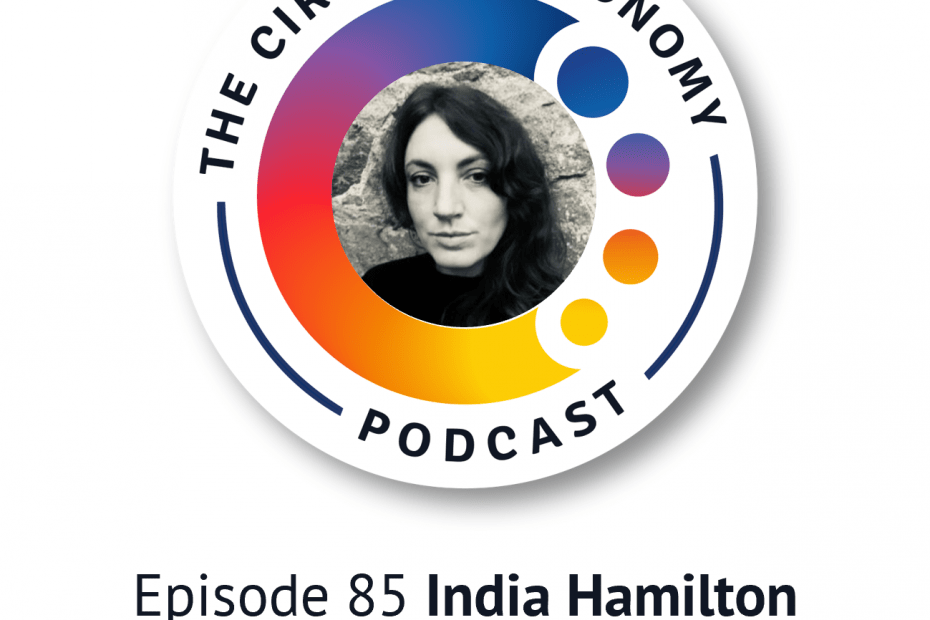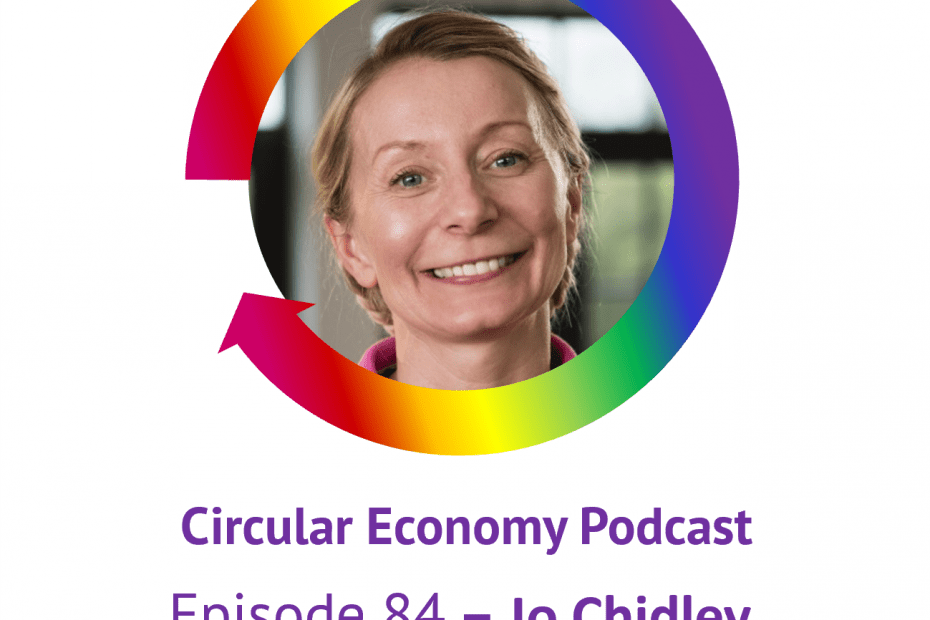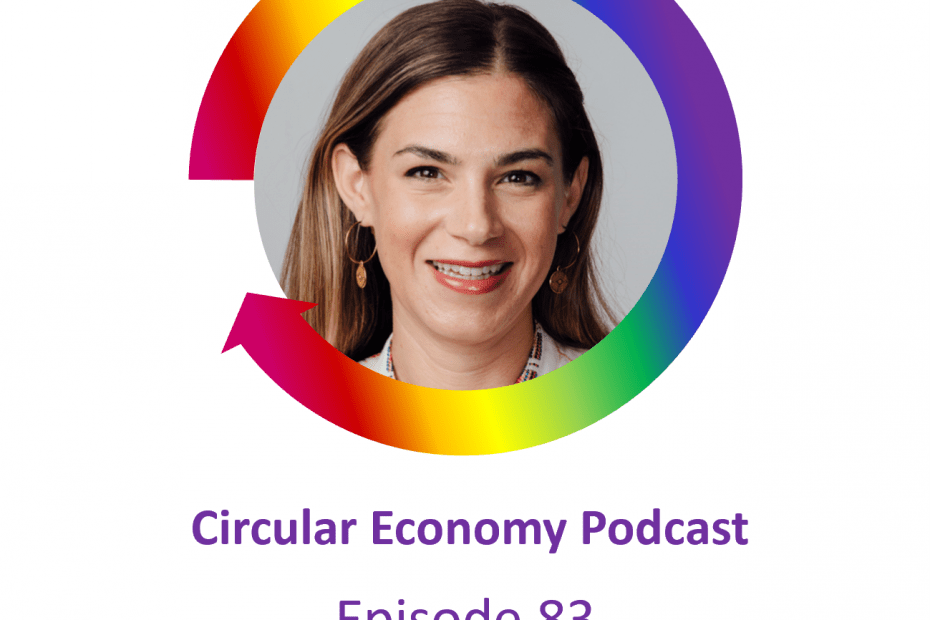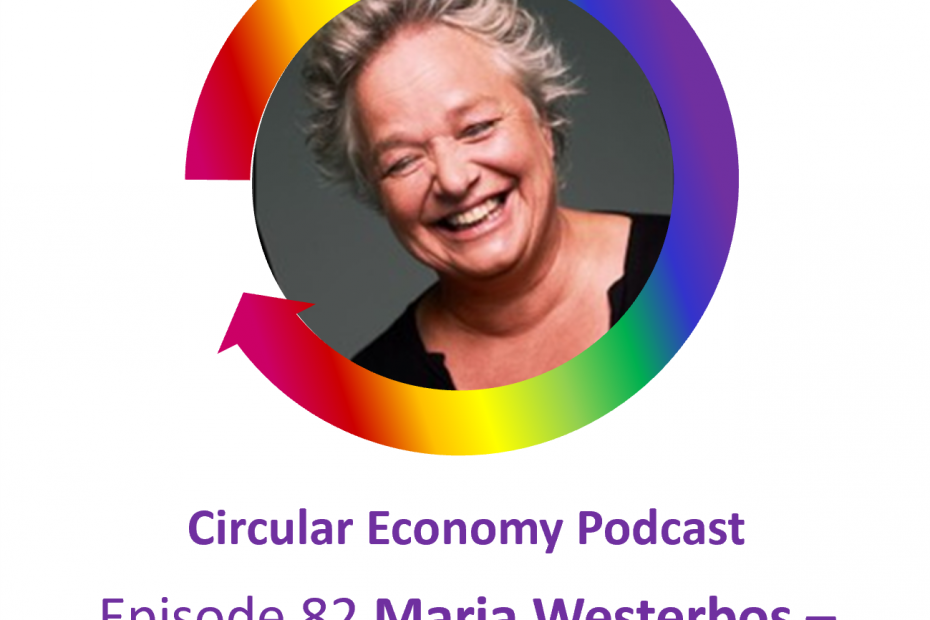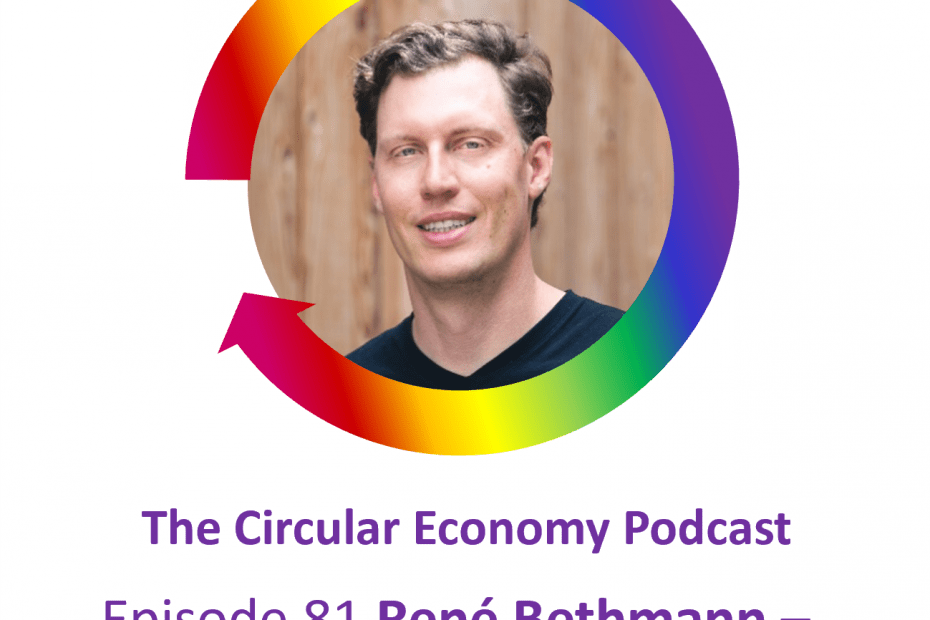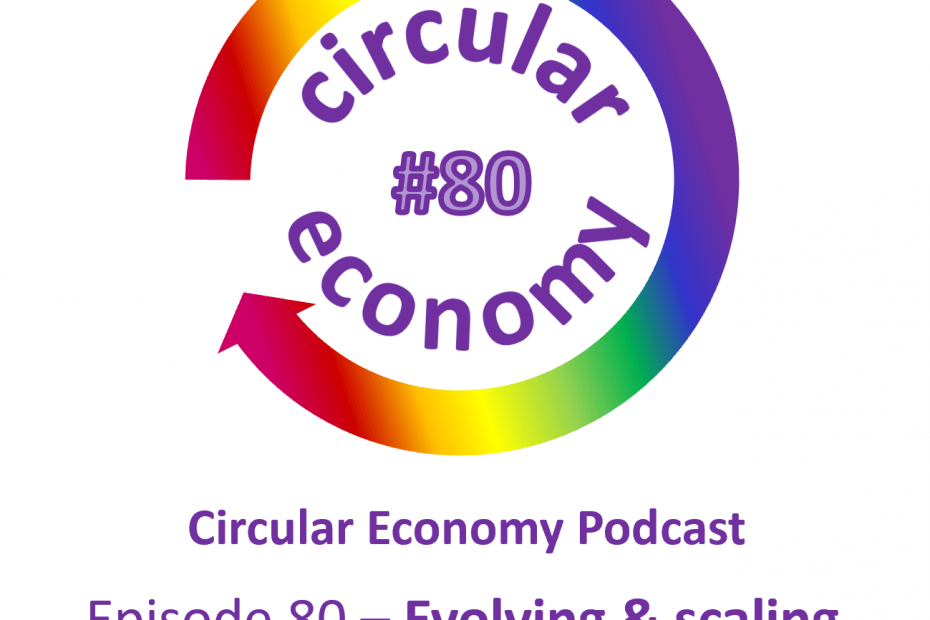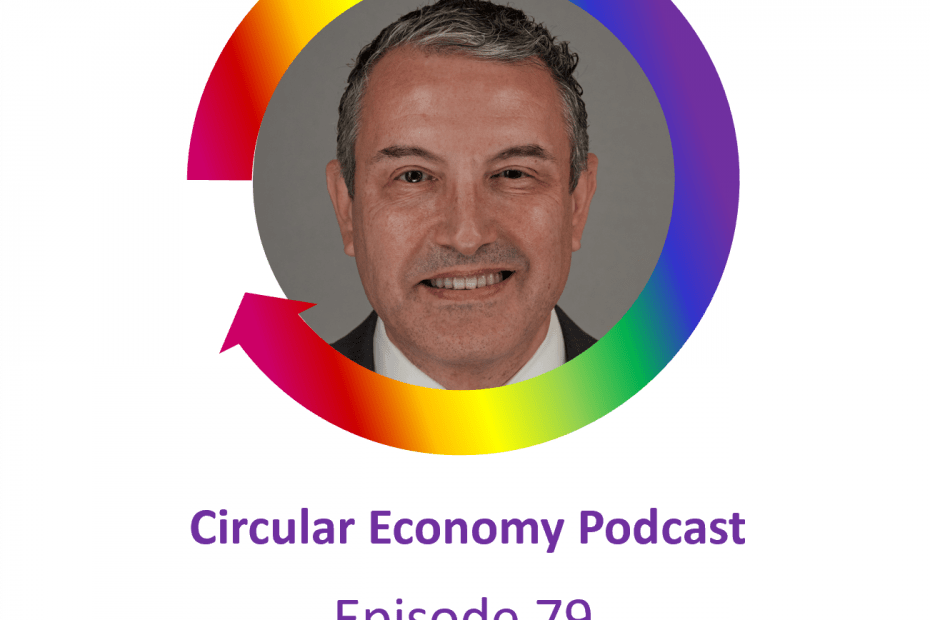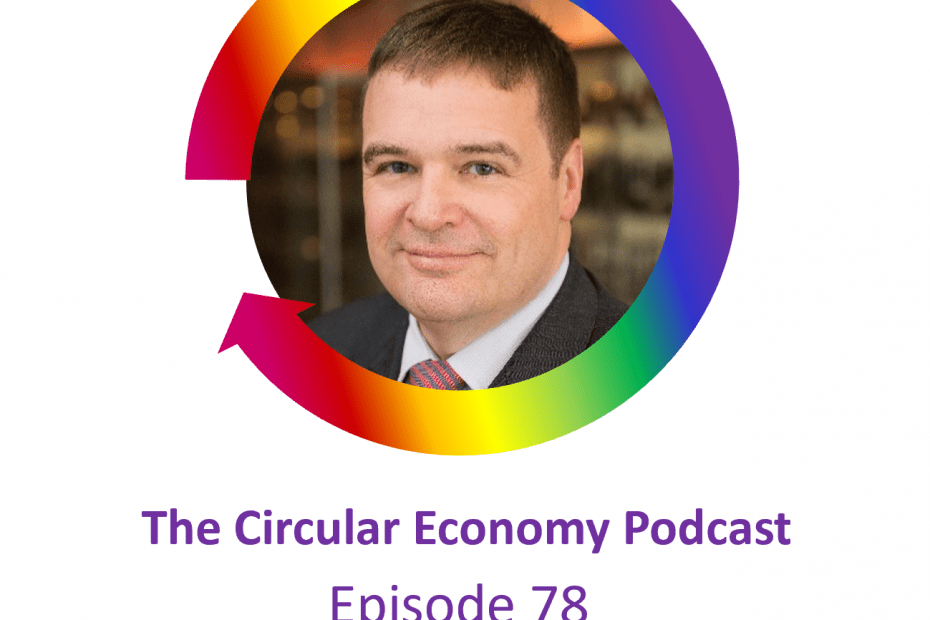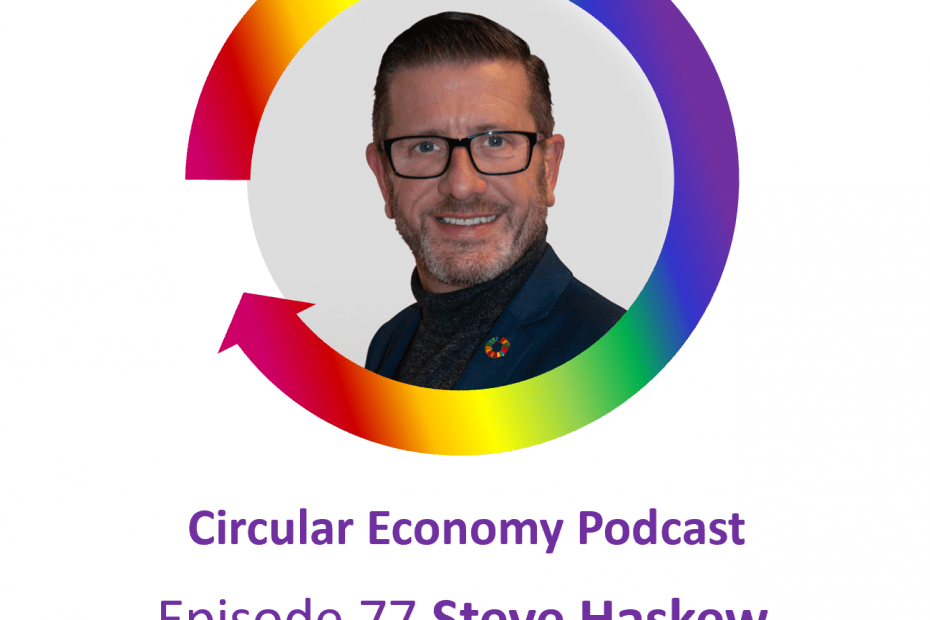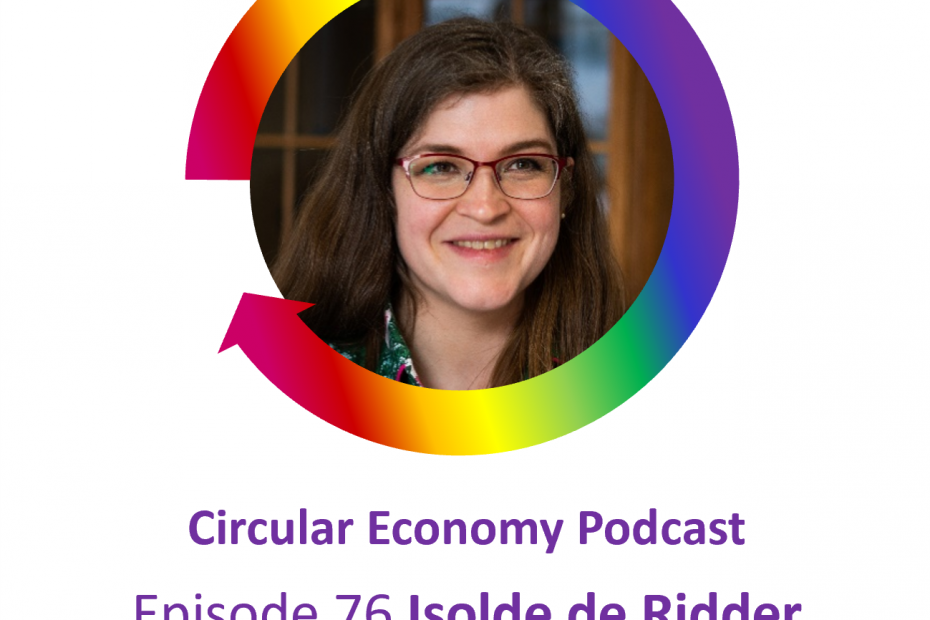Maria Westerbos tells about the groundbreaking work of the Plastic Soup Foundation.
Many of us are becoming increasingly aware of the amount of plastic in our lives – whether it is clothing and household textiles made from synthetic fibres like polyester, acrylic, lycra and so on, or the anti-crease finishes, flame retardants and other additives in those fibres. And of course, there’s plastic packaging, the outer cases of phones and laptops, and much, much more. Plastic has many useful properties: it can be moulded into complex shapes, it’s light weight, flexible, durable and so on.
But now, we’re realizing there are downsides to all this – what happens when plastic is discarded, and ends up causing pollution and harm to other living species – and also, how plastic, and the chemicals it contains, is affecting our health. We know plastic particles and microfibres are now found all around the world, and are contaminating our water and food – but what about our contact with plastics in our daily lives… they are in lots of personal care products, we wear them next to our skin, we eat food that’s been wrapped in plastic.
Maria Westerbos explains why we need to understand much more about the impact of plastics on our health, and how some of the organisations that exist to protect our health are – shamefully – looking the other way.
